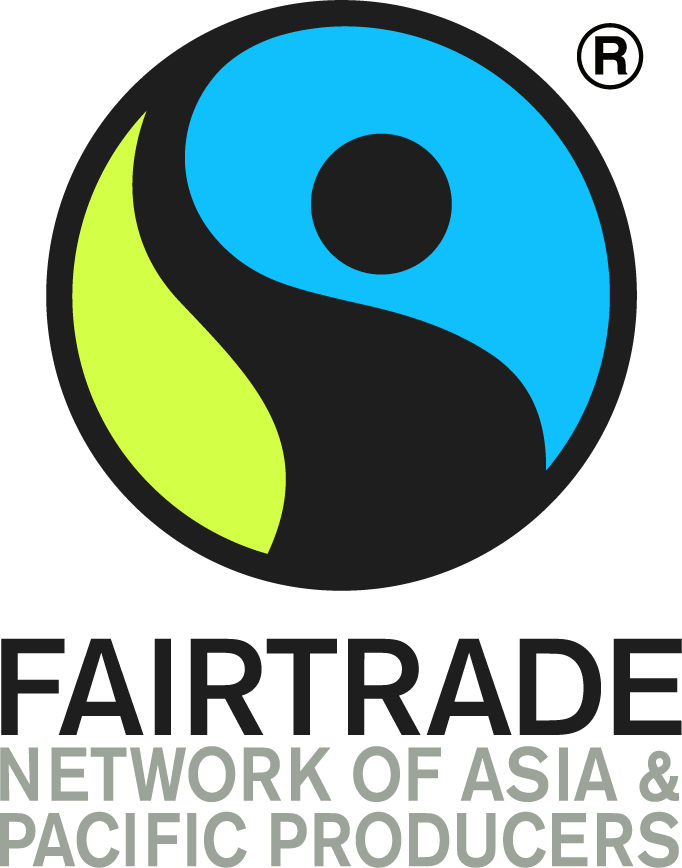30 Fairtrade Farmer Cooperatives in China Strengthen Market Position Through Innovation & Branding
In a significant step towards strengthening market access for Fairtrade farmers’ cooperatives across China, Fairtrade NAPP recently organized a dynamic and impactful workshop aimed at transforming how the organisations approach marketing, digital promotion, and governance. The event, which brought together 29 cooperatives across tea, coffee, nuts, herbs, and fruits, marks a milestone in building long-term resilience, traceability, and business innovation among Fairtrade producers in China.


Unlocking Market Potential Through Knowledge and Innovation
Held under the strategic pillar of farmer empowerment, the workshop was rooted in one key objective: to equip farmers’ organisations with the tools they need to navigate today’s competitive markets, drive income growth, and enhance their independence from intermediaries. Too often, small cooperatives are forced to rely on traders for everything—from pricing to market access and farming standards. This event challenged that norm.
Participants underwent intensive training on:
- Marketing fundamentals: SWOT analysis, strategic pricing, and competitive positioning;
- Digital promotion: Creating content for social media, harnessing e-commerce platforms, and developing digital storytelling techniques;
- Branding & packaging: Crafting authentic brand narratives, applying modern design principles, and exploring cost-effective packaging solutions;
- Governance & Democratic Participation: Best practices in Fairtrade Premium management, traceability, and production recordkeeping.
Learning from Global Success: Japan’s Tea Industry in Focus
One of the highlights of the workshop was a series of presentations by lead researchers from top institutes in China and Japan, who showcased how Japanese tea cooperatives have successfully expanded into niche markets and value-added services. Their success stories sparked interest and inspiration among the farmers’ organisations eager to translate these models into their local contexts.
“The Japanese practices in developing niche markets and value-added services are very thought-provoking. We will figure out how to apply them in our own development,” shared Jinghong Yu of Wuyuan Xitou Tea Farmers Association.
“Thanks to NAPP, we benefited from insights by leading researchers on how to innovate in our tea business and meet evolving customer demands,” added Xinrong Zhao from SHAOXING SHANGYU GRAHAM TEA FARMERS ASSOCIATION.


Real Stories, Real Results: Learning from the Field
Several cooperatives previously supported under the Swiss Secretariat for Economic Affairs, SECO and Fairtrade International Resilience Fund shared practical examples of transitioning from wholesale to retail-driven business models. These sessions shed light on:
- Understanding customer profiles;
- Navigating regulatory hurdles;
- Maximizing margins by capturing more value along the supply chain.
These real-life narratives helped break down the theory into actionable strategies, sparking rich group discussions among attendees. The peer learning format fostered a culture of co-creation and mutual support.
Tackling Core Challenges Head-On
Participants also reflected on systemic issues that often hinder Fairtrade Farmers’ organizations in China such as gaps in marketing capacity and brand identity, over-reliance on traders to provide marketing outlets, with regard to market orders, working captial and even guidance on farming practices to meet relevant standards. Small scale farmer organisations need to be empowered to have better understanding of the whole supply chains and their potential roles in capturing more surplus of operation of it.
This workshop directly addressed these concerns, offering customized support and laying the groundwork for ongoing capacity building. The need for localized and adaptive training was clear, and Fairtrade NAPP committed to continuous engagement beyond the event.
Immediate Impacts & Looking Ahead
By the end of the workshop:
- 29 farmers’ organisations received targeted training on Fairtrade compliance and marketing;
- 13 female and 18 male participants left equipped to drive innovation in their cooperatives;
- Plans for follow-up sessions and farmers’ organisations -specific mentorships were initiated;
The workshop is not a one-off event—it’s part of Fairtrade NAPP’s long-term commitment to building a sustainable, independent, and equitable trade ecosystem for China’s Fairtrade producers.
Conclusion: A Path Toward Resilient Fairtrade Communities
Farmers on small-scale farms form the backbone of sustainable agriculture, and yet many lack the visibility and market tools to thrive. This workshop was more than a training—it was a catalyst for change, driving collective empowerment and innovation among SPOs in China.
As Fairtrade NAPP continues to support these organizations, the vision is clear: a future where producers are not just participants in global markets, but leaders shaping their value chains.
